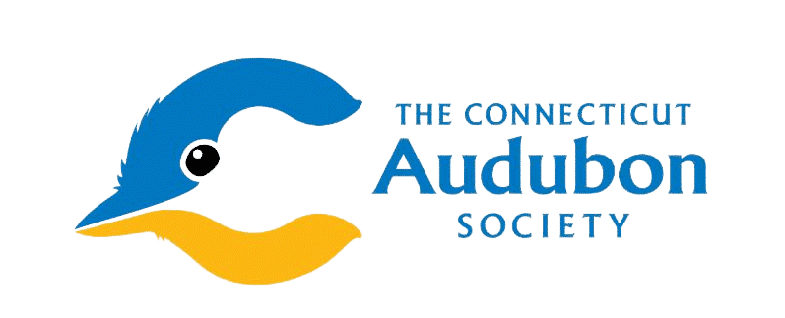Milford Point
Share the Shore
Help our beach-nesting and migratory shorebirds by giving them space to nest, feed, and rest!
Time Your Visit for Low Tide!
During high tide, our birds have very few places to go and are easily disturbed by people’s presence. At this time of day, the water is close to the fenced-off nesting areas, and the birds are tending to their nests and tiny chicks. Shorebirds also rest during this time and have very few places to go. It’s best to avoid getting close to the nesting areas to give the birds space.
During a mid or low tide, shorebirds feed and rest at the water’s edge, so walking in the wet sand is best to give them space. Protect nesting and resting shorebirds and their tiny chicks by walking around flocks and allowing birds to feed and rest undisturbed.
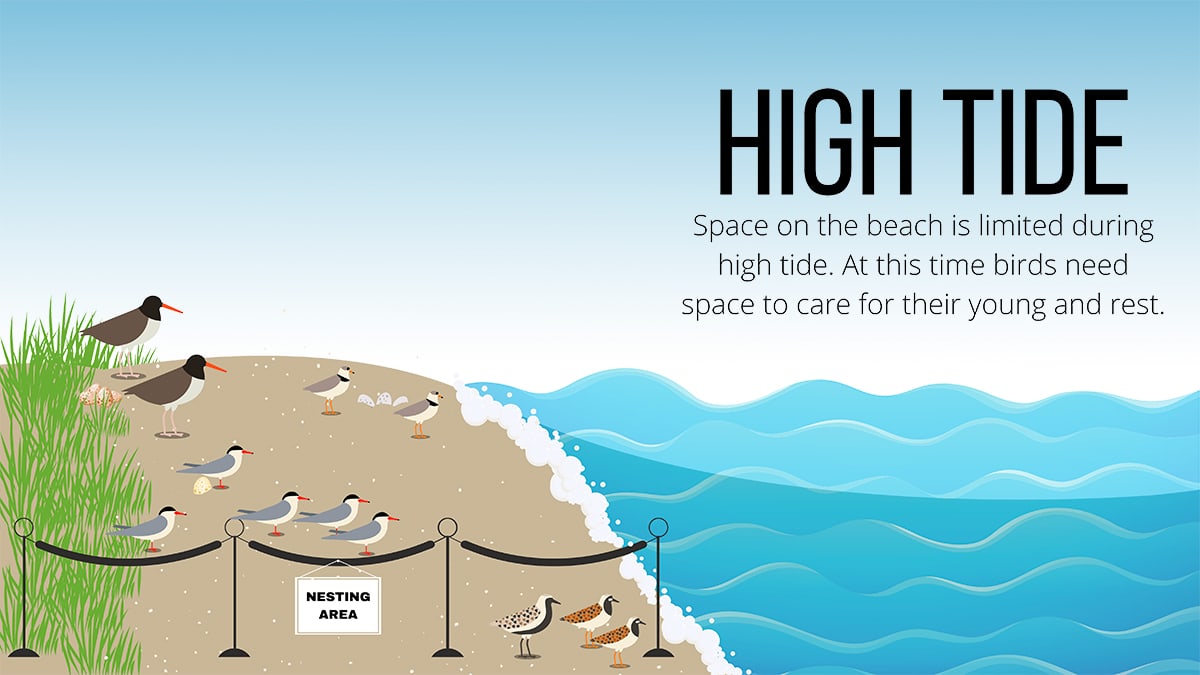
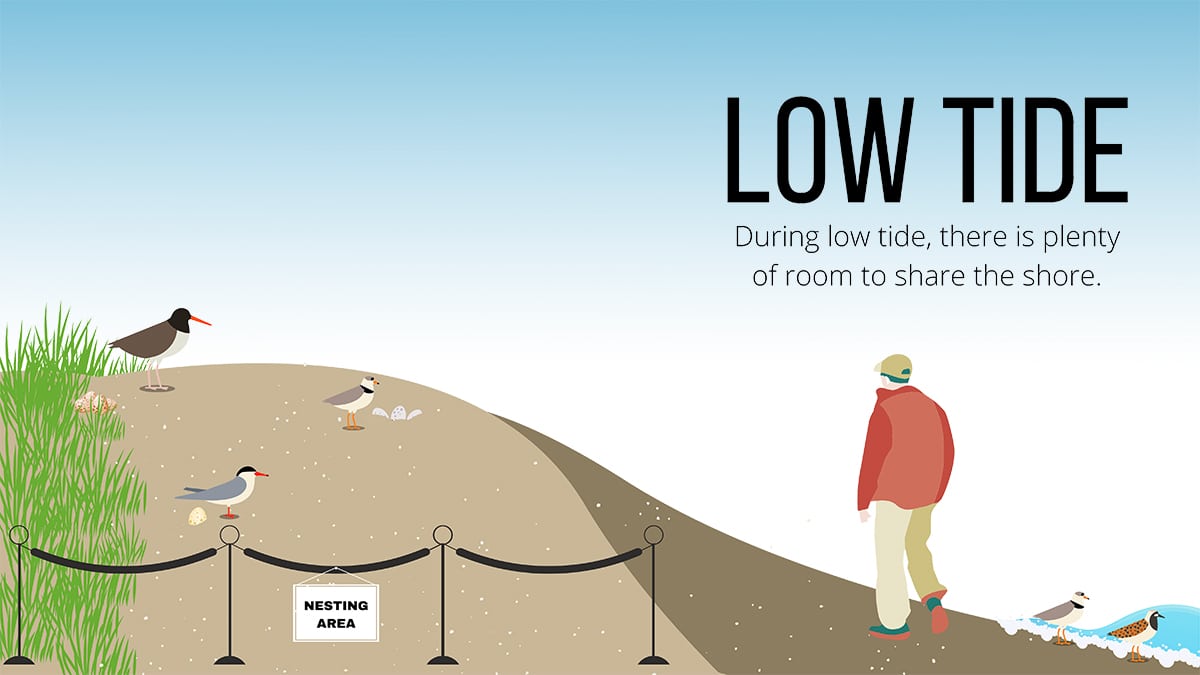
An Important Place for Birds
Each summer, beach-nesting birds, like the American Oystercatcher and the federally endangered Piping Plover, return to Connecticut’s shores to nest. These birds lay their eggs directly on the sand and raise their chicks right on the beach! Many species have traveled the length of the Americas to arrive here at Milford Point.
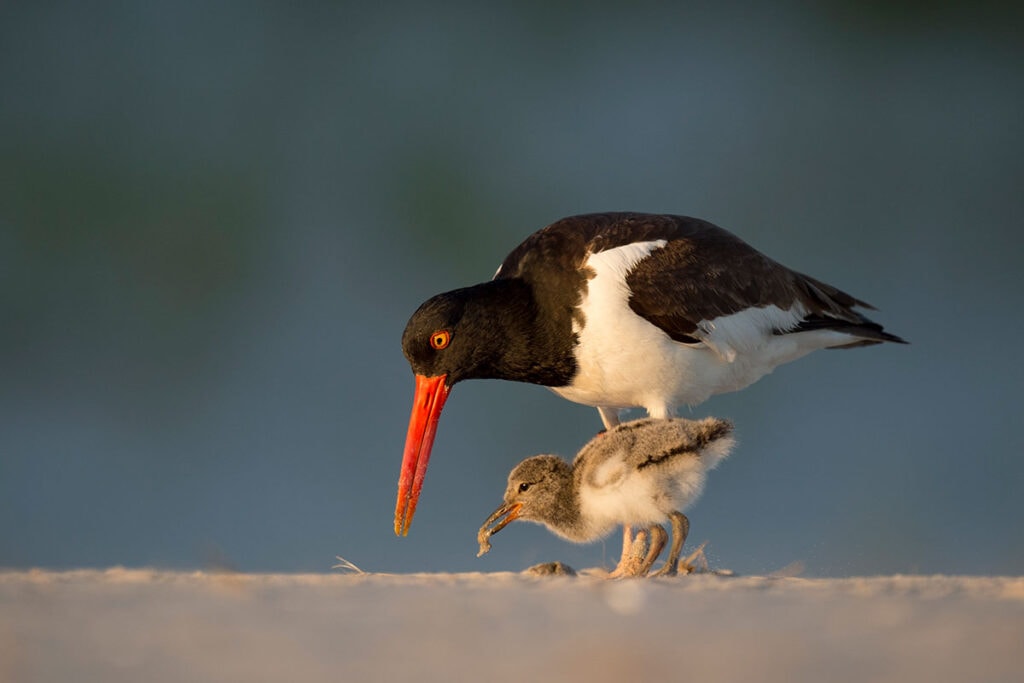
American Oystercatcher with a chick
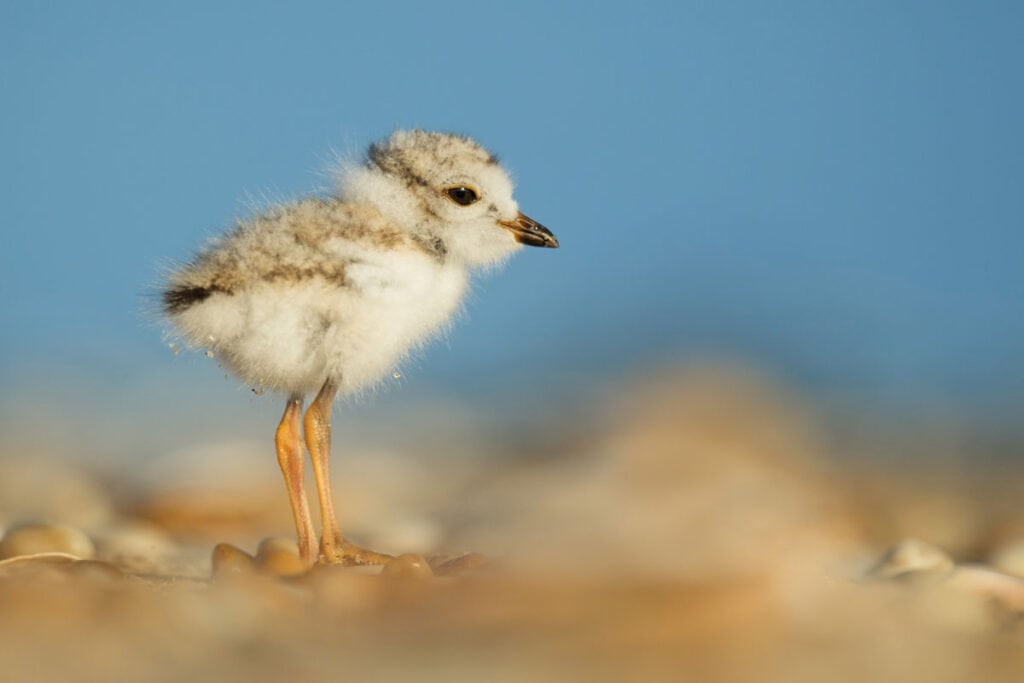
In the spring and fall, our beaches are very important stops for migrating shorebirds to rest and refuel, which has led to Milford Point being recognized as an Important Bird Area and Audubon Birding Hotspot. During peak migration, our beaches will be filled with flocks that can have thousands of birds!
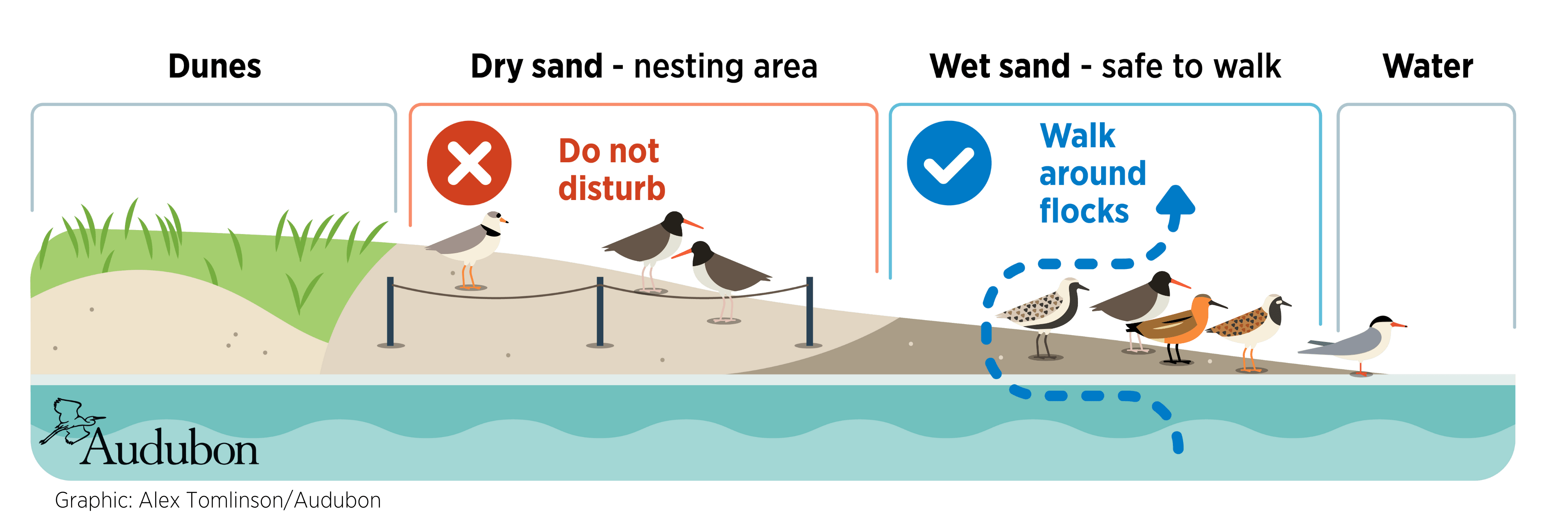
Home Sweet Home
Limiting bird disturbance during migration
Pledges
You can show your commitment by signing the pledge to take action for birds.
By pledging to Share the Shore yourself and spread the message to others, you’ll join a united effort of “good eggs”– people just like you who are committed to helping birds.
Contact Information
Connecticut Audubon – ct@audubon.org
Events
Meet our staff and learn more about the birds at one of our events at the beach! Events will be held three times a month from May through August.
Visit https://ctwaterbirds.blogspot.com for the events schedule.

